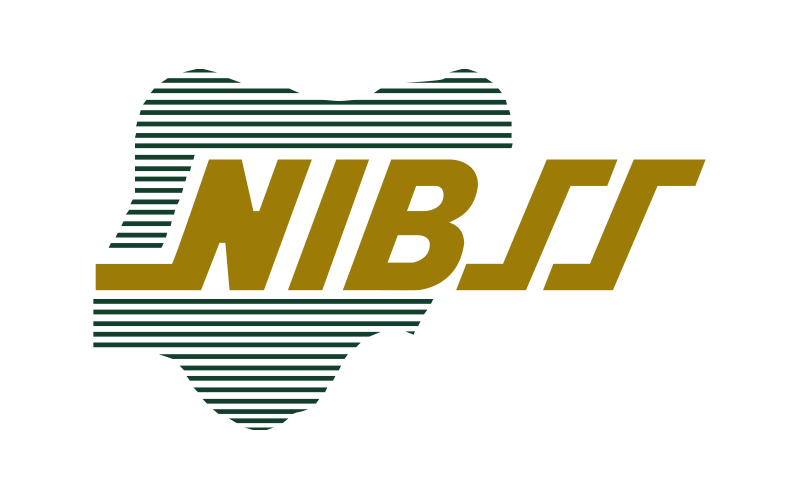Fintech
E-payment: Nigerians Spend N923BN to Settle Cable Tv, Power, Other Utility Bills in 4 Months
Published
4 years agoon

- As Transaction soars 387% in 3 years
Nigerians have spent a total of N923.24 billion on utility bills through electronic channels between January and April, 2022.
While the amount captures how much Nigerians paid within the period through electronic channels for GOtv, DSTV, electricity and subscription to other utility services, the total payment for the services is far higher since people also pay via other means other than e-payment.
Read Also:
Meanwhile, data obtained from the Nigeria Inter-Bank Settlement System (NiBBS) showed that compared to 2019, the e-payment of utility bills has increased significantly by 387.19 per cent from N189.50 billion in the first four months of 2019 to N923.24 billion in the corresponding period of 2022.
According to the Nigeria Inter-Bank Settlement System, e-bills payment includes everyday bill payments and is an accessible and seamless account-based e-bill payment channel, with online real-time transaction reporting, biller notification, and easy reconciliation.
It said, “e-BillsPay is an electronic bill payment platform that facilitates the payment of Bills, Fees, Levies, Premiums, and Subscriptions etc. by the banking public through electronic payment channels provided and managed by Banks.”
Data from the NIBSS revealed a surge in the usage of e-bills pay after the onset of the pandemic. In the first four months of 2019, N189.50 billion was paid through e-BillPay channels; in the first four months of 2020, N363.87 billion was paid through these channels.
The data shows sustained growth in the channel of payment as N716.99 billion was paid between January and April of 2021, while N923.24 billion was paid in the corresponding period of 2022.
According to the NIBSS, e-BillsPay touch points include bank branches, Internet banking, mobile banking, USSD, and agent networks.
COMMENTS
Commenting on the surge of the payment channel, the National President, Association of Mobile Money Agents in Nigeria, Victor Olojo, disclosed that mobile usage was driving the increase in e-BillsPay.
He said, “Primarily, the increase in mobile usage and mobile payment
has helped very aggressively in e-bills payment as people now have access to mobile phones and are now able to do payments themselves.
“Secondly, financial inclusion; more people have access to finance and that way they can link their accounts to their mobile numbers to carry out transactions. Also, a bulk of e-bills payments have to do with utilities, PayTV, and power. More Nigerians have been able to embrace mobile banking.”
According to him, this surge is likely to continue as it ushers in ease of payment. He added that with an increase in demographic expansion, more people now have access to this form of payment.
He stated that telcos were making it easy for Nigerians to carry out transactions, and the rise of fintech was also fuelling new growth.
In addition, Olojo said, “COVID contributed to the growth of electronic payment. It taught us many ways of doing things differently. For things we thought needed a second party to carry out, COVID has shown us that we can do them by ourselves.
“COVID helped the adoption of this channel. Many people would rather before now go to the bank to make some payments, but these days people use e-channels. States have also integrated their payments, statutory payments, e-payments, and payments to local governments. Both the private sector and public sector have accepted this payment channel. It is a payment channel that will continue to increase.”
What You Should Know
- Telecom firms, mobile money is driving the growth of e-bills payments as they come with convenience and speed
- When people make payments, they don’t have to wait for a long while before it reflects. People can pay on the go and get the service immediately.
- Convenience and speed are the two key drivers for it and this will further be boosted by deepened financial inclusion with PSBs and other mobile money where in areas without access to banks people can use phones to carry out financial transactions.
- Another propellant of e-bills payment is its relatively low cost.
Share this:
- Click to share on X (Opens in new window) X
- Click to share on Facebook (Opens in new window) Facebook
- Click to share on WhatsApp (Opens in new window) WhatsApp
- Click to share on Pocket (Opens in new window) Pocket
- Click to share on Telegram (Opens in new window) Telegram
- Click to email a link to a friend (Opens in new window) Email
- Click to share on LinkedIn (Opens in new window) LinkedIn
You may like


Nigerian Banks Set New Target to Respond to Frauds


PalmPay Executes Nigeria’s First Live Transaction on the National Payment Stack


PaywithAccount Launches to Ease Cash Flow Struggles for Nigerian MSMEs


NIBSS: E-payment Transactions Surged to N89.5 Trillion in July


Cashless Transactions Grow 54.6% to N611.06trn in 2023


NIBSS Orders Banks to Disconnect Non-Deposit Financial Institutions from Transfer List












